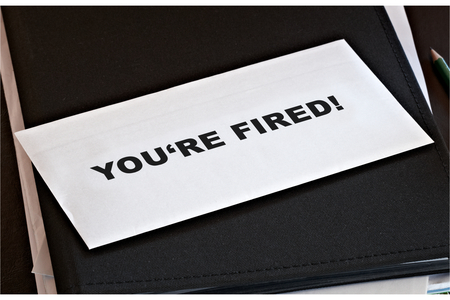The 'Obvious Truth': Gideon asserts only a lawyer's advocacy can ensure a defendant a fair trial

Photo of Laurel Bellows by Marc Hauser.
Bryan was a high school graduate who made a youthful mistake that could have sent him to prison. His public defender in Los Angeles County, Rhonda May-Rucker, convinced the prosecutor to drop theft charges and got her client to pay restitution. With this second chance, Bryan went on to graduate from college and study at Harvard Law School.
Defense lawyers like May-Rucker who represent indigent defendants can trace their critical role to Clarence Earl Gideon, convicted of a state felony burglary charge in Florida half a century ago. Unable to afford an attorney, he was told he had no right to appointed counsel at trial.
From his prison cell, Gideon handwrote in pencil his appeal to the U.S. Supreme Court, arguing that the Constitution entitles all criminal defendants to due process by having a lawyer at their side. On March 18, 1963, all nine justices ruled in Gideon’s favor in the landmark decision of Gideon v. Wainwright.
Writing for the court, Justice Hugo Black referred to the “obvious truth” that only a lawyer’s advocacy can ensure a defendant a fair trial. He observed that lawyers in criminal courts “are necessities, not luxuries.” Gideon was granted a new trial and acquitted, based largely on evidence discovered by his court-appointed lawyer.
This year we mark the 50th anniversary of Gideon and reflect on the promise of equal access to counsel for the accused (see “Living Up to the Gideon Ideal”). As we celebrate, we must also be aware that little has changed since the 2004 publication of Gideon’s Broken Promise, a report from the ABA Standing Committee on Legal Aid and Indigent Defendants.
Every year, America’s courts process thousands of offenders “either with no lawyer at all or with a lawyer who does not have the time, resources or, in some cases, the inclination to provide effective representation,” stated Gideon’s Broken Promise. “All too often, defendants plead guilty, even if they are innocent, without really understanding their legal rights or what is occurring.”
One of the countless present-day examples of America’s indigent defense crisis comes from Florida’s Miami-Dade County, where between 70,000 and 100,000 misdemeanor defendants are without counsel on any given day.
Even when public defenders and appointed counsel are available, crushing caseloads often keep defendants from having meaningful access to a lawyer. Last year, for instance, the 420 public defenders in Cook County, Ill., handled more than 288,000 cases—an average of 685 cases per lawyer. As tough-on-crime strategies continue to overwhelm the criminal justice system, our communities do not have enough qualified counsel to handle the work.
There are solutions. Legal challenges to overwhelmed indigent defense systems often cite the ABA’s Eight Guidelines of Public Defense Related to Excessive Workloads (PDF). In July, the Missouri Supreme Court, referring to the guidelines, ruled that overburdened public defenders cannot be required to handle cases in violation of their ethical duty to provide zealous and competent advocacy.
Lawyers are critical to fixing broken indigent defense systems, and you can play a vital role. You can advocate for reform in your community. You can urge your court to adopt programs that produce well-trained court-appointed counsel. A new report, National Indigent Defense Reform: The Solution Is Multifaceted (PDF), from the ABA Standing Committee on Legal Aid and Indigent Defendants and the National Association of Criminal Defense Lawyers, offers proven, cost-effective innovations that have improved the nation’s public defense systems. Please inform your community that the ABA’s indigent defense standards, guidelines and various other resources at indigentdefense.org provide invaluable support for making Gideon’s promise a reality. Those who ensure due process for all criminal defendants are champions of our cherished legal system. We must insist on giving courts, defenders and prosecutors enough resources to provide justice for all.



